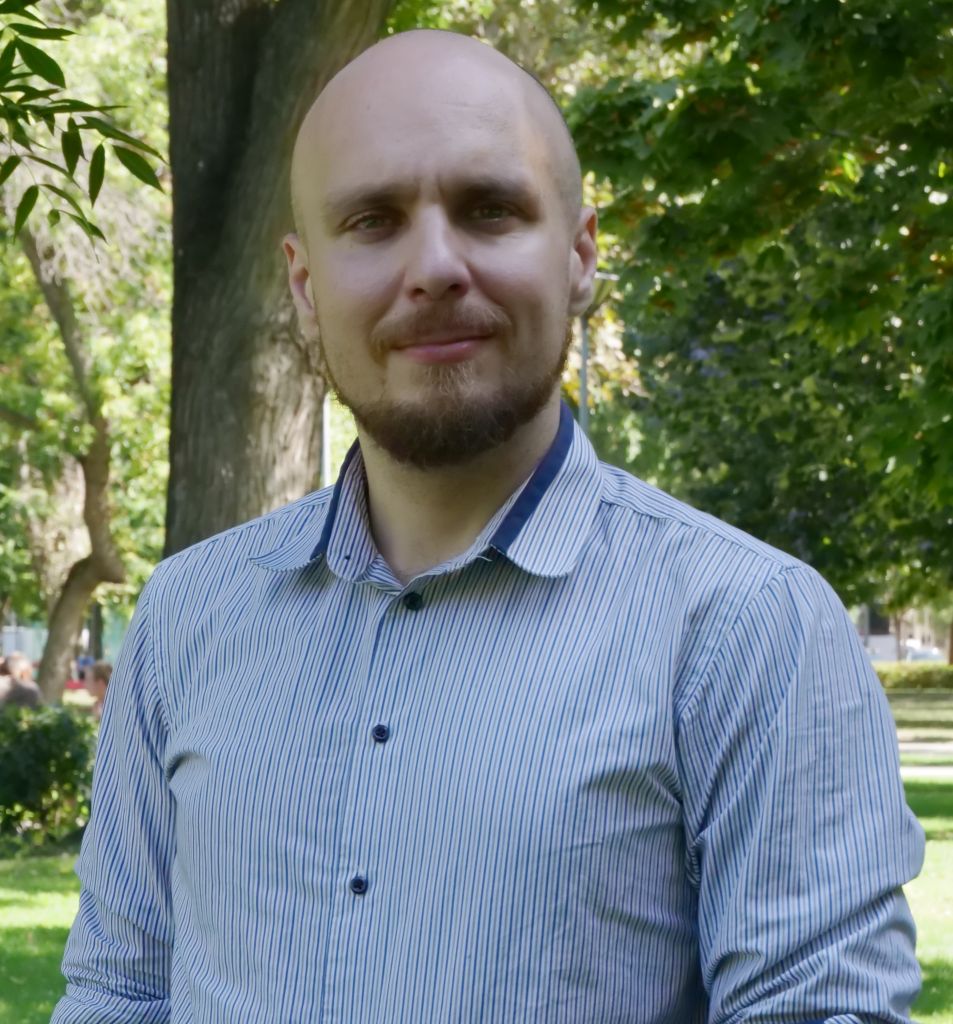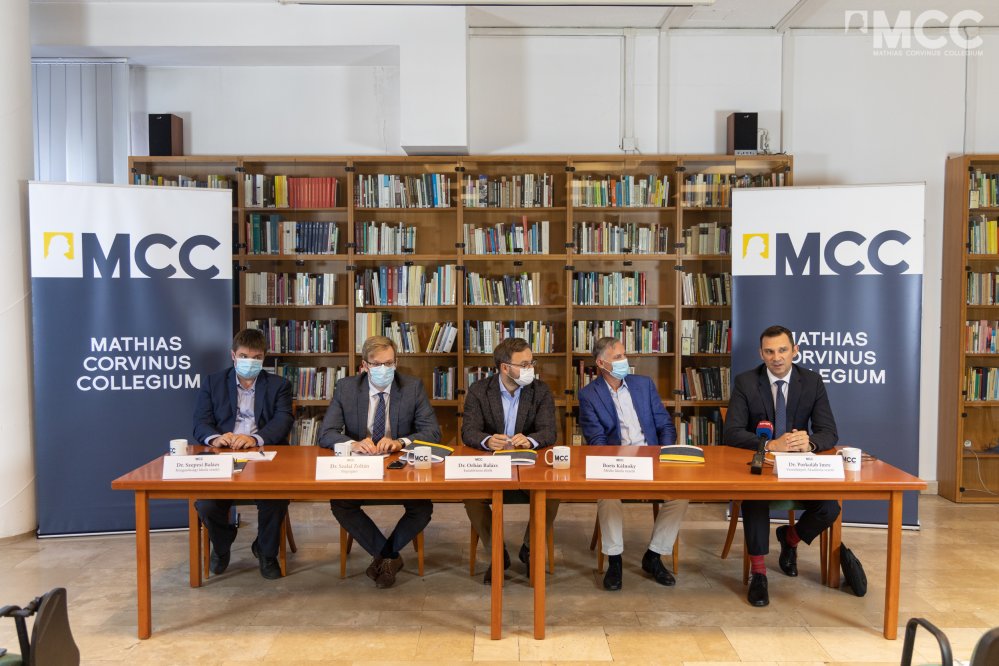The https://english.atlatszo.hu use cookies to track and profile customers such as action tags and pixel tracking on our website to assist our marketing. On our website we use technical, analytical, marketing and preference cookies. These are necessary for our site to work properly and to give us inforamation about how our site is used. See Cookies Policy
A treasure trove of public money secretly given to Fidesz-controlled trusts ahead of elections
After being gifted valuable state-owned real estate properties, company stocks and massive amounts of cash, the newly created “public service trusts” continue to secretly receive billions in governments funds. According to information obtained by Átlátszó, the “KEKVA” funds have been granted a new round of public funding – the decisions however are hidden from the public.
Last year, the Fidesz majority in parliament allocated billions of euros worth of public assets – real estate, shares and important institutions – to so-called public service trust, known by their Hungarian abbreviation as KEKVAs. In recent months, the foundations have even received substantial cash funding as well and according to information gathered by Átlátszó, several trusts have received large sums of money via semi-secret government decisions.

The KEKVAs serve, in a barely concealed way, to build up Fidesz’s power base independently of official government institutions. The boards of trustees governing these trusts are almost exclusively made up of pro-government politicians and other pro-Fidesz figures. Prior to the creation of KEKVAs, Fidesz used its parliamentary supermajority to amend the constitution, ensuring that the trusts’ leaders can only be replaced by a two-thirds majority in the parliament – a majority no party is expected to gain in next election on April 3.
Hidden privatization: valuable public assets transferred from the state to public trust foundations led by Orbán-allies | atlatszo.hu
In less than a year, the network of Hungarian culture commissioner Szilárd Demeter has gained a real estate portfolio worth billions of Forints. Mr. Demeter, who received international criticism over his comments about “George Soros’s gas chamber” now controls several monumental castles and lucrative cultural centers.
It is no exaggeration to describe the process as one of the biggest privatisation waves in post-communist Hungary. This time however formerly state-owned assets were handed over for free to newly created private foundations for free. More than 70 percent of Hungarian higher education, including all the universities in the countryside, numerous valuable properties, cultural institutions and the MOL and Richter shares previously bought back by the state, have been transferred to Fidesz-affiliated foundations.
Although on paper, KEKVAs are private foundations and can largely manage their assets freely, it is unlikely that they will be able to become financially independent from the state, despite the initial capital they received from the state, and will continue to perform their tasks from public funds rather than on a market basis.
This is illustrated by the billions of Forints that several KEKVAs have received since their creation last year. According to the budget report of the Hungarian State Treasury, last year more than HUF 9 billion of public money was earmarked for the KEKVAs as operating expenditure.
600 million in seed capital, 930 million extra
In 2021, the Hauszmann Foundation, which directs the estate and works of the architect Alajos Hauszmann, previously receive 10 state properties in the town of Szentendre, including areas inside a natural preserve, and a special permission to build in protected areas. They also received 600 million HUF from the state, as the law on the EAFRD stipulates that trust must have at least this amount of funds to operate.
According to our information, the head of the Prime Minister’s Office, Gergely Gulyás, as the representative of the state, has approved an additional HUF 930.5 million financial allocation to the Hauszmann Foundation
Secret government decisions
Our sources indicate that this grant is included in Government Decree 2235/2021 – this decree cannot be found in the official Hungarian Gazette, as it is one of the so-called “2000 decrees”, i.e. semi-secret decisions.
Copies of such decrees are only sent to parties that are directly affected, but never revealed to the public. According to the news portal Hvg.hu, Prime Minister Viktor Orbán’s governments have adopted 1,549 such government decisions since 2010, which are not secret, but it is not known what they contain. A third of these decisions were made last year, in 2021.
There are no strict rules of what the Hauszmann Foundation can spend the public funds for. The government allows them to spend it on asset preservation and wealth accumulation, such as property purchases, renovation, or even services.
The Hauszmann Foundation is chaired by Bence Madaras, Managing Director of the State Castle Department, which develops and manages the Palace of Buda Castle and its surroundings, and former Deputy Director of the Media Council. András Koltay is also a member of the board of trustees of the foundation, and another board member of KEKVA, Péter Ákos Mernyei is Gergely Gulyás’ ministerial commissioner – Gulyás is the one who approved the 900 million grant.
Earlier this year, the Prime Minister’s Office prepared a similar grant to the Mathias Corvinus Foundation (MCC). According to our information, the amount of the grant, also initiated by Gergely Gulyás, is 13 billion Forints, and its purpose would be to cover expenses related to the implementation of the MCC’s talent training center as well as “to support the foundation’s investment goals.”
This grant is also based on a so-called 2000, or semi-secret, government decree in which the government stipulated that it would support the foundation’s development objectives.
Plans to expand the MCC Knowledge Centre, a Fidesz-affiliated education and research organization, have been in the pipeline for some time. The planned location for such a center is a large estate in the Budapest Gellért Hill, which used to house the Balassi Institute. The cultural organization was forced to leave in a short time, after the government donated the property to MCC in 2020.
The new owner has since decided to demolish the building and build a completely new headquarters – it is not yet clear whether the 13 billion forints will be spent on the construction. Looking at the plans for the new headquarters, it is hard to imagine that so much money could be spent on the construction.
The MCC board of trustees is headed by Balázs Orbán, another staff member of the Prime Minister’s Office. Zoltán Szalai, the director-general of the pro-government portal Mandiner.hu, András Lánczi, rector of the Budapest Corvinus University, and former foreign minister János Martonyi are also members of the board. Also, József Szájer, former Fidesz MEP who was forced to resign after a sex scandal was also a trustee until December 2020.
Since the Orbán government came to power in 2010, MCC regularly received public funding. Thanks to this, by the end of 2020, the trust already had more than HUF 420 billion in assets, according to its own accounts. Last August, the government awarded an additional HUF 36 billion in public aid to MCC from the Economic Protection Fund, and another HUF 94.5 billion in December. Also last year, MCC also gained new valuable properties, including a sailing harbor and a Camping site near the lake Balaton.
Real estate for free
While the new grant for MCC has not yet been transferred, the Prime Minister’s Office has already reached an agreement with the Makovecz Campus Foundation for a HUF 5.4 billion grant. This KEKVA was set up to manage the university campus designed by the architect Imre Makovecz in Piliscsaba, where a new educational center would be set up.
According to sources, the Makovecz Campus Foundation received HUF 5.4 billion in public funds from the Fidesz government last autumn.
We understand that the money cannot be withdrawn from the foundation and cannot be reclaimed, while it can be used for any purpose laid down in its founding charter.
Miklós Maróth, one of the founders of Pázmány University and an official science policy adviser to Viktor Orbán, is the chairman of the trustees of the trust. Bence Rétvári, Fidesz Member of Parliament and State Secretary; Zsófia Hassay, Fidesz Member of the Budapest Assembly and Mayor of the 6th district between 2010-2019; István Klinghammer, former State Secretary for Higher Education; and Mariann Vízkelety, former State Secretary for Judicial Relations at the Ministry of Justice.
The Prime Minister’s Office also signed an agreement with the Millenáris Foundation last autumn, which received HUF 970 million.
The organisation can use this sum for almost any activity specified in its own articles of association, but it is advised to use it mainly to cover the expenses related to the Covid-19 epidemic.
The Millenáris Foundation was founded on the privatization of the Budapest Millenáris Park, and later they also received the Thália Theatre building and 9.18 billion HUF cash from the state as seed capital. Zsolt Láng, the head of the Fidesz parliamentary group in Budapest, is the chairman of the foundation’s board of trustees.
The opposition says it will be difficult to get it back, but they would try
Márton Tompos, the head of the opposition party Momentum’s anti-corruption commitee, said to Átlátszó:
“What we see is that Fidesz is currently pouring money out in two main directions: on the one hand, millions of euros are going to various foundations, which probably support local campaigns. There has been a lot of talk about this in the press, and we’ve been doing a lot of work on them at Corruption Hunters: the Municipal Civic Fund, EMET and others. The other main direction is the KEKVA system, where, in addition to billions in financial support, universities have been privatized, and a lot of real estate. Taking back the latter will not be easy, but it will be one of our main tasks after the change of government!”
Written and translated by Zalán Zubor, the Hungarian version of this story is available here. Cover photo: Mathias Corvinus Collegium (MCC) officials at a press conference (source: mcc.hu)
Hungary. What do you know about Hungary? from atlatszo.hu on Vimeo.
Share:
Your support matters. Your donation helps us to uncover the truth.
- PayPal
- Bank transfer
- Patreon
- Benevity
Support our work with a PayPal donation to the Átlátszónet Foundation! Thank you.
Support our work by bank transfer to the account of the Átlátszónet Foundation. Please add in the comments: “Donation”
Beneficiary: Átlátszónet Alapítvány, bank name and address: Raiffeisen Bank, H-1054 Budapest, Akadémia utca 6.
EUR: IBAN HU36 1201 1265 0142 5189 0040 0002
USD: IBAN HU36 1201 1265 0142 5189 0050 0009
HUF: IBAN HU78 1201 1265 0142 5189 0030 0005
SWIFT: UBRTHUHB
Be a follower on Patreon
Support us on Benevity!

